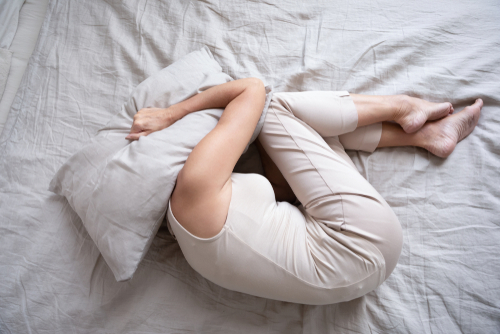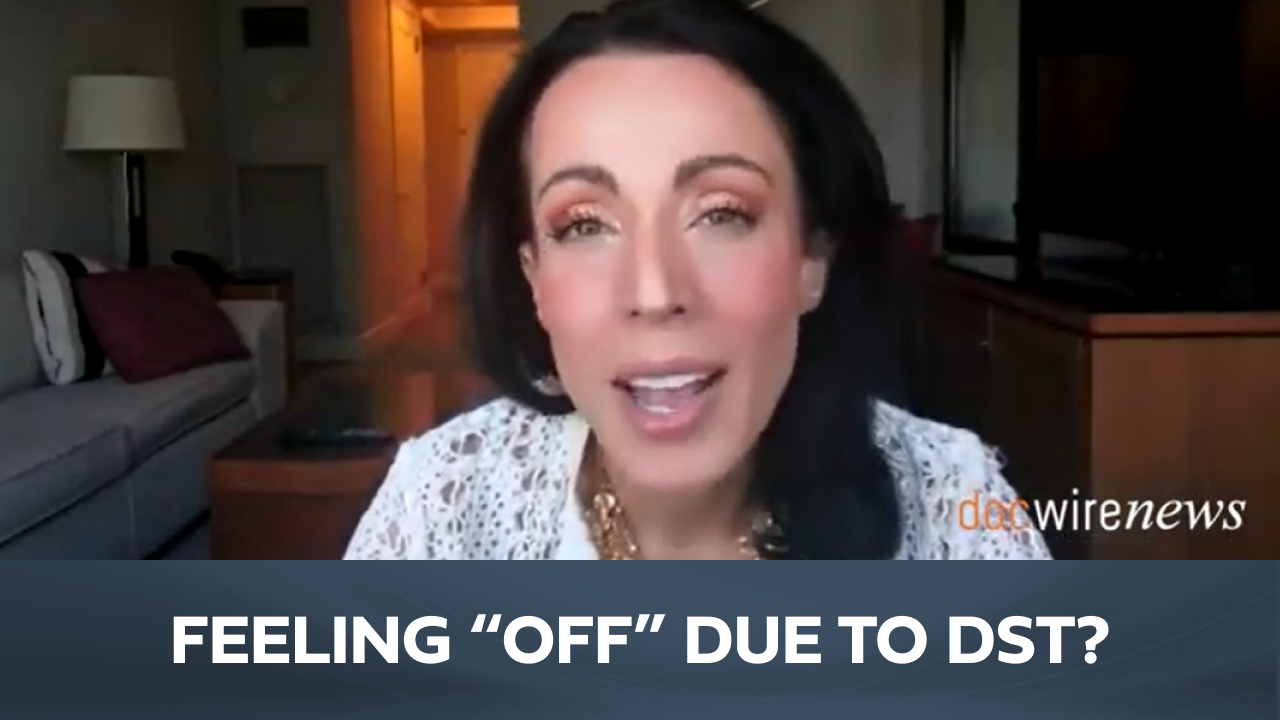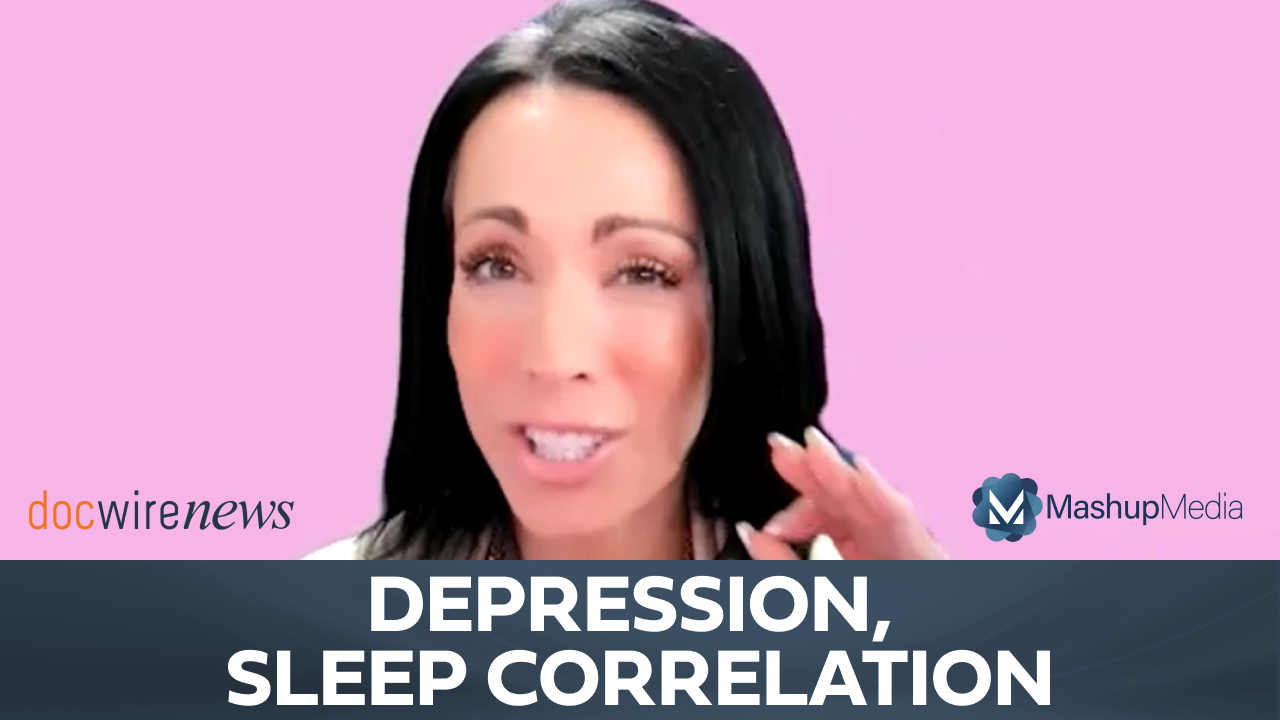
Sleep alterations occur with considerable frequency among chronic stroke patients, according to a study published in Neurorehabilitation and Neural Repair.
“Sleep disorders have a prevalence of 30% to 70% in poststroke individuals. The presence of sleep disorders and poor sleep quality after stroke can affect important functions and lead to worse outcomes. However, most studies are restricted to the acute poststroke stage only,” researchers said.
This prospective exploratory analysis comprised 65 individuals with stroke. Self-reported sleep alterations were measured using the Pittsburgh Sleep Quality Index, Insomnia Severity Index, Epworth Sleepiness Scale, and STOP-Bang Questionnaire. The researchers noted that the dependent variable was measured 3 years after the first contact by the Modified Rankin Scale (mRS).
The results showed that approximately 68.0% of participants had poor sleep quality, 52.4% reported insomnia symptoms, 33.9% reported excessive daytime sleepiness, and 80.0% were classified as intermediate or high risk for obstructive sleep apnea. The investigators observed that the risk of obstructive sleep apnea was significantly linked to disability and explained 5% of the variance in the mRS scores.
“Self-reported sleep alterations had a considerable frequency in a sample of chronic stroke individuals. The risk of obstructive sleep apnea was associated with disability in the chronic stage of stroke. Sleep alterations must be considered and evaluated in the rehabilitation process even after a long period since the stroke onset,” the researchers concluded.







 © 2025 Mashup Media, LLC, a Formedics Property. All Rights Reserved.
© 2025 Mashup Media, LLC, a Formedics Property. All Rights Reserved.